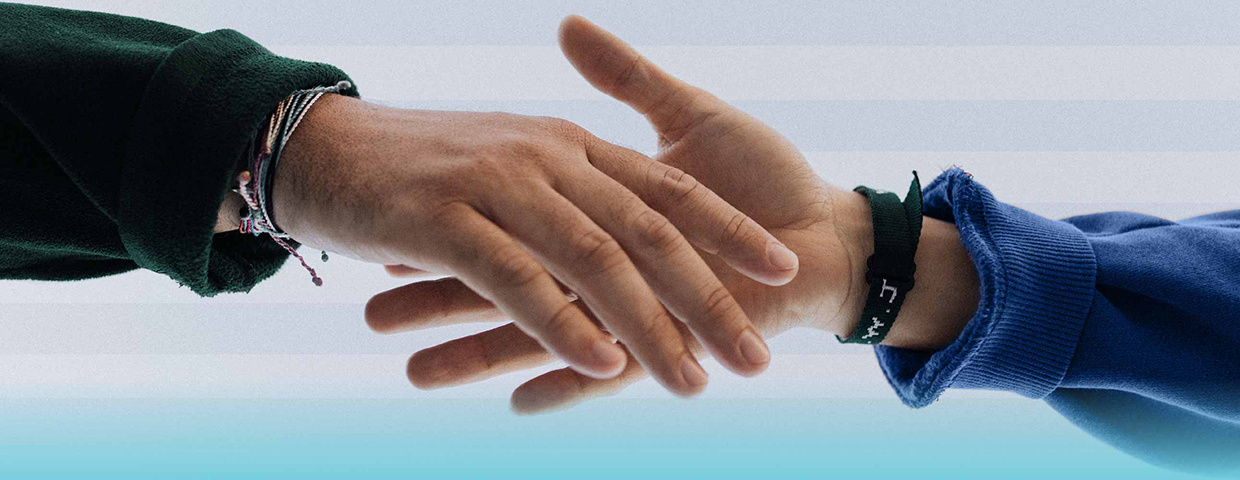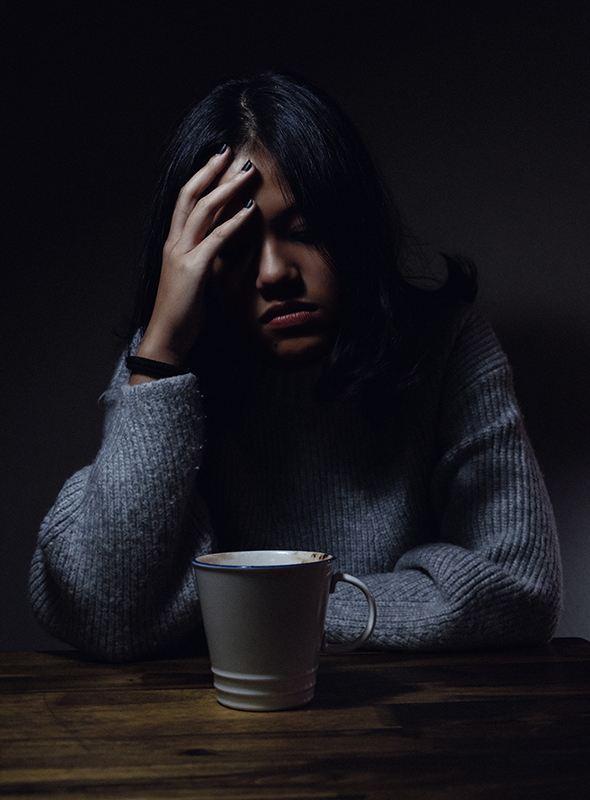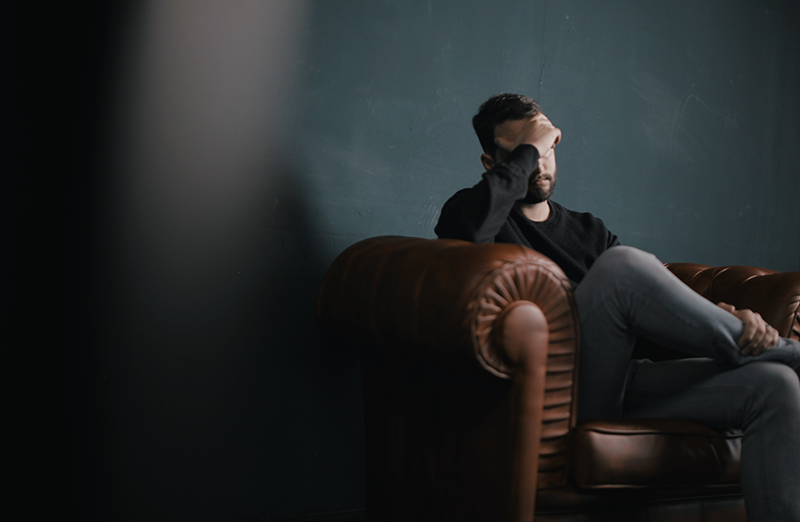
When it comes to someone you love, whether it’s a parent, child, significant other, or close relative, it’s hard to admit that they may have a problem with alcohol or drugs. Though addiction isn’t hard to spot, it can be hard to admit. Knowing the signs can help you decide if a loved one may need to pursue detox treatment.
A person suffering from addiction intensely craves drugs and uses them even after having negative experiences with them. These addictions, whether drug or alcohol-related, bring on physical, emotional, and behavioral symptoms. Here are some general signs you can look for:
[fusion_builder_column type=”1_3″]
Physical Signs of Addiction:
- Slurring or rambling speech
- Weight loss or gain
- Constricted or dilated pupils
- Psychomotor agitation or incoordination

[/fusion_builder_column][fusion_builder_column type=”1_3″]
Emotional/Mental Signs of Addiction:
- Aggression and hostility
- Irritability
- Nervousness and anxiety
- Depression
- Sudden changes in personality and/or mood
- Trouble with memory or attention
- Becoming withdrawn or isolating themselves
- Appearing more lethargic or energetic than usual
[/fusion_builder_column][fusion_builder_column type=”1_3″]
Behavioral Signs of Addiction:
- New group of friends or associates
- Missing days at work or school
- Loss of interest in hobbies or activities
- Wearing long sleeves in warm weather to cover needle injection sites
- Lack of attention to appearance
- Missing out on family events
- Strained relationships with family and friends
- Impaired judgment
- Altered sleeping or eating habits
[/fusion_builder_column]
What Addiction Can Look Like
To put these signs into perspective, it’s important to look at what the addict is experiencing, both when they are using and during withdrawal.
Mental Health (Psychological) Episodes
Users of drugs and alcohol have a higher risk of developing mental health issues like depression and anxiety. Similarly, people with mental health problems are at a higher risk of using drugs and alcohol. Slowly, users because to rely on a substance to help deal with their problems. This is because people struggling with addiction develop a dysfunction in the rewards system within their brains. They begin to seek relief (or reward) from problems in their life by turning to drugs and/or alcohol.
These episodes can often look like multiple failed attempts at giving up the substance, continued use of the substance despite negative results or health problems, obsessing over the substance, and taking risks they wouldn’t otherwise take. Treating both the underlying mental health issues as well as the physical symptoms of addiction is key to the journey of recovery.
 Uncontrollable Cravings
Uncontrollable Cravings
For those who try to halt their substance use, uncontrollable cravings can become overwhelming. The urge to get high, or to drink, or even just to prepare to use the substance are all symptoms of withdrawal. Even if the user hasn’t been using long or has a low drug tolerance, they may still struggle with urges to get high.
Social Symptoms
Someone struggling with addiction may make unusual sacrifices. This includes giving up things that they formerly enjoyed. Perhaps they stop doing their hobbies or start turning down invitations to social gatherings. You may see an increase in secrecy and solitude. An individual struggling with addiction may also acquire a new group of friends or acquaintances. Obsession may also play a role in social symptoms. Addiction may look like financial hardship as the person addicted tries to ensure they have a good supply.
How You Can Help
To help a loved one find the right program for them, it’s important to reach out to a professional. In most cases, someone with addiction must want to change for recovery to be successful. However, there are ways to support a friend through the recovery process:
- Research the substance or behavior dependency and the available treatments
- Get involved, like offering to go to meetings with them
- Ensure a trigger-free and sober environment for them
- Don’t be afraid to speak up and express concern if there is a relapse
If you’re worried about a loved one and believe they could benefit from detox, contact us today at 256-888-1234 or fill out our contact form.
